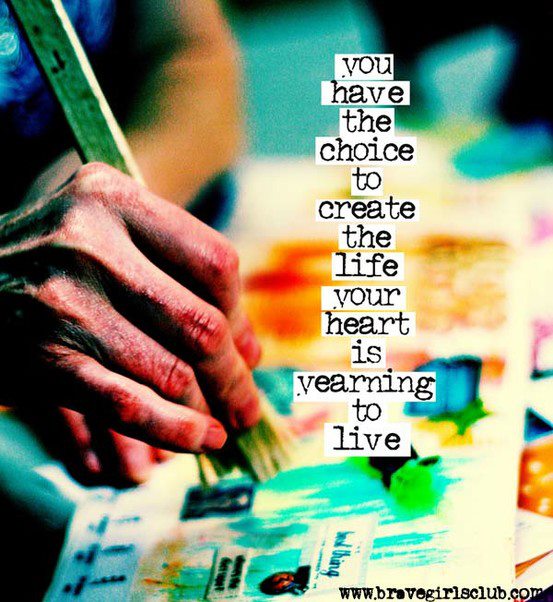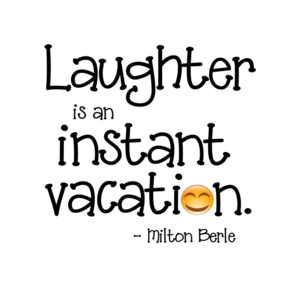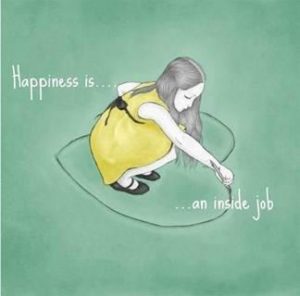Peace

WHY does anyone NEED an ASSAULT RIFLE?
Eloquently put!
https://www.youtube.com/watch?v=0R3uLTnzs60
You Have The Choice

Merry Christmas!

Merry Christmas to you!
May peace and good will follow you all the days of your life.
“Too often we underestimate the power of a touch, a smile, a kind word, a listening ear, an honest compliment, or the smallest act of caring, all of which have the potential to turn a life around.” ~ Leo Buscaglia ~
Laughter Is An Instant Vacation
Happiness Is An Inside Job
The world needs you now, not when you are perfect.
COLUMBINE STUDENT'S FATHER 12 YEARS LATER !!
Guess our national leaders didn’t expect this. On Thursday, Darrell Scott, the father of Rachel Scott, a victim of the Columbine High School shootings in Littleton, Colorado, was invited to address the House Judiciary Committee’s subcommittee. What he said to our national leaders during this special session of Congress was painfully truthful.
They were not prepared for what he was to say, nor was it received well. It needs to be heard by every parent, every teacher, every politician, every sociologist, every psychologist, and every so-called expert! These courageous words spoken by Darrell Scott are powerful, penetrating, and deeply personal. There is no doubt that God sent this man as a voice crying in the wilderness.. The following is a portion of the transcript:
“Since the dawn of creation there has been both good & evil in the hearts of men and women. We all contain the seeds of kindness or the seeds of violence. The death of my wonderful daughter, Rachel Joy Scott, and the deaths of that heroic teacher, and the other eleven children who died must not be in vain. Their blood cries out for answers.
“The first recorded act of violence was when Cain slew his brother Abel out in the field. The villain was not the club he used.. Neither was it the NCA, the National Club Association. The true killer was Cain, and the reason for the murder could only be found in Cain’s heart.
“In the days that followed the Columbine tragedy, I was amazed at how quickly fingers began to be pointed at groups such as the NRA. I am not a member of the NRA. I am not a hunter. I do not even own a gun. I am not here to represent or defend the NRA – because I don’t believe that they are responsible for my daughter’s death.
Therefore I do not believe that they need to be defended. If I believed they had anything to do with Rachel’s murder I would be their strongest opponent.
I am here today to declare that Columbine was not just a tragedy — it was a spiritual event that should be forcing us to look at where the real blame lies! Much of the blame lies here in this room. Much of the blame lies behind the pointing fingers of the accusers themselves. I wrote a poem just four nights ago that expresses my feelings best.
Your laws ignore our deepest needs,
Your words are empty air.
You’ve stripped away our heritage,
You’ve outlawed simple prayer.
Now gunshots fill our classrooms,
And precious children die.
You seek for answers everywhere,
And ask the question “Why?”
You regulate restrictive laws,
Through legislative creed.
And yet you fail to understand,
That God is what we need!
“Men and women are three-part beings. We all consist of body, mind, and spirit. When we refuse to acknowledge a third part of our make-up, we create a void that allows evil, prejudice, and hatred to rush in and wreak havoc. Spiritual presences were present within our educational systems for most of our nation’s history. Many of our major colleges began as theological seminaries. This is a historical fact. What has happened to us as a nation? We have refused to honor God, and in so doing, we open the doors to hatred and violence. And when something as terrible as Columbine’s tragedy occurs — politicians immediately look for a scapegoat such as the NRA. They immediately seek to pass more restrictive laws that contribute to erode away our personal and private liberties. We do not need more restrictive laws. Eric and Dylan would not have been stopped by metal detectors. No amount of gun laws can stop someone who spends months planning this type of massacre. The real villain lies within our own hearts.
“As my son Craig lay under that table in the school library and saw his two friends murdered before his very eyes, he did not hesitate to pray in school. I defy any law or politician to deny him that right! I challenge every young person in America , and around the world, to realize that on April 20, 1999, at Columbine High School prayer was brought back to our schools. Do not let the many prayers offered by those students be in vain. Dare to move into the new millennium with a sacred disregard for legislation that violates your God-given right to communicate with Him. To those of you who would point your finger at the NRA — I give to you a sincere challenge.. Dare to examine your own heart before casting the first stone!
My daughter’s death will not be in vain! The young people of this country will not allow that to happen!”
– Darrell Scott
Do what the media did not – – let the nation hear this man’s speech. Please send this out to everyone you can.
God Bless
Som Sabadell flashmob – Inspiring!
Musicians and artists of the world unite and lead us to a new cultural renaissance! We need you to do so. The leaders have let us down, it is up to you!
http://youtu.be/GBaHPND2QJg




